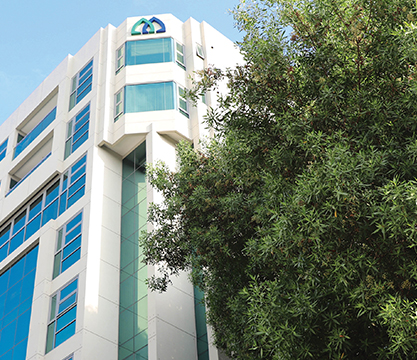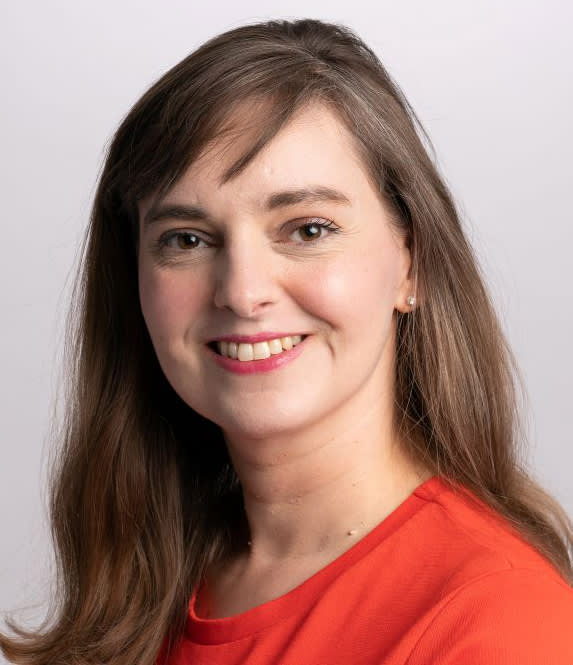The Maldives Stock Exchange (MSE) is a long way from the stereotypical bustling trading floor. Comprising a single floor of office space in a building overlooking the blue seas surrounding the country’s capital Malé, it has nevertheless managed to build up a sizable portfolio.
MSE and its subsidiary company the Maldives Securities Depository are private sector institutions licensed by the Capital Market Development Authority (CMDA). Since the MSE was licensed in January 2008, Rf1.98bn ($130m) has been raised by listed issuers. Market capitalisation has surpassed $1bn, representing about 20% of the Maldives’ gross domestic product. At present, there are nine equity listings and seven debt listings.
These current listings cover a wide range of industries, including telecommunications, insurance and tourism. The most recent listing was Maldives Islamic Bank in November 2019, which was 46% oversubscribed. However, with only nine listed companies currently on the exchange, activity is low, and the capital markets themselves are relatively unsophisticated. Both the MSE and CMDA are eager to change this.
Fathimath Abdulla Kamaludeen, acting CEO and director-general of CMDA, believes that to encourage development there needs to be top-down change. “For the Maldives to have a successful capital market there is a need for market-wide reform,” she says. “The president is involved in the process, which is promising. The right policies are needed to support capital market development. There is [also] a real need for a secondary market to develop in the Maldives.”
Investors wanted
MSE chief executive officer Aushan Latheef sees the difficulty prospective overseas investors have in buying shares in Maldives companies as limiting development.
“Potential investors who want to open a local bank account for transactions face a lot of restrictions. Currently, only foreigners who are either married to a Maldivian national or have a work permit are eligible to open individual bank accounts,” he explains. “The market needs more international, sophisticated investors, with technical knowledge of investing and trading, who in turn will pass on knowledge to the locals.”
Some ideas are already being investigated. “Maldives Monetary Authority is in discussions with the local banks on facilitating foreign investor accounts specific to securities market transactions,” says Mr Latheef. “We hope that once a formal mechanism is implemented it will help foreign investor participation and kick-start the market.”
A listings target
Increasing the number of companies undertaking initial public offerings (IPOs) is another element the MSE is having to address to attract more international investment. One idea being mooted is to encourage companies to list.
“There are several state-owned enterprises that could be encouraged to IPO. Both the International Monetary Fund and the World Bank have pushed for more companies to IPO,” says Ms Kamaludeen.
There is already a precedent for this. “Telecommunications companies Dhiraagu and Ooredoo were obliged to go public as part of their licensing conditions,” says Mr Latheef. “Future strategic policies could have a condition for more companies to list, maybe after a certain number of years or once a profit threshold has been reached, which will develop the capital market.”
Having a higher number of listed institutions and a bigger pool of investors should also bring about the possibility of better returns for the country’s pension pot. “The Maldives Pension Administration Office is the largest institutional investor in the country,” says Mr Latheef. “About 90% of the fund is invested in government treasury bills and treasury bonds, and there exists a high need for diversification. Investments are currently limited to listed companies or government bonds for yields.”
Educating businesses
Increasing the pipelines of potential IPOs is dependent on improving understanding of the benefits of listing to board members.
“For state-owned enterprises and some listed companies, the board of directors is appointed by the government,” says Ms Kamaludeen. “This leads to the appointment of directors who are new to corporate governance and finance. To improve their knowledge base we are currently holding two training programmes per year. The current corporate governance code necessitates all sitting directors to have completed the programme.”
Additionally, the CMDA has developed incentives in the form of awards for companies that do the most to develop their operations and provide the highest quality of service.
“To promote better standards of corporate governance, we have the Gold 100 list that recognises the best-performing companies of the past year,” says Ms Kamaludeen. “We offer the CG Efforts Award for companies that promote good governance practices, with one awarded to each category of listed companies, private companies and state-owned companies. This award is conferred at the Gold 100 event in affiliation with local PR company Corporate Maldives. This also helps to improve the way companies operate in preparation of possible future IPOs.”
Bond issuances
The CMDA and MSE are also looking into which other areas of the capital markets they can develop, and which solutions would work within the context of the Maldives.
The government is familiar with the concept of issuing bonds, but has yet to do so domestically. “In 2017, the government issued debt instruments both in Singapore and Abu Dhabi through sovereign bonds,” says Mr Latheef. “We hope to see such instruments listed in the Maldives, and foreign investments channelled within the Maldivian capital market infrastructure.”
Additionally, the CMDA is in the development phase of the country’s first green bonds.
“Green bonds have a strong potential in the Maldives because we can point potential investors to the projects they would be supporting,” says Ms Kamaludeen. “To achieve this we have to outline a model and appoint a green board to oversee which projects qualify. The Maldives can create a sustainable green fund through the green tax collected from tourism, and the inflow of green investments and foreign aid.”
Further areas of interest for the CMDA include finding solutions to support smaller businesses, including crowdfunding and sourcing venture capital for them.
Tech developments
Technology offers another way to open up the market. The MSE has focused on bringing more fintech solutions to market as a way to keep pace with global trends. It has also helped to bring in a significant number of retail investors because residents across the country’s broad geography are able to buy shares online. This is seen in the take-up of the MSE’s own Infinity application.
“We developed the Infinity app to create an online portal for investors to access the capital market and make investments for ongoing public offerings,” says Mr Latheef. “The traffic on the platform shows interesting trends in the demographics of the investors. In the most recent Maldives Islamic Bank IPO, there was a high degree of female participation and many investors buying shares on behalf of their children. They see it as a long-term investment to buy and hold stocks, rather than trading and speculating.”
Having this sort of data available gives the exchange a valuable insight into its investors, something that is lacking at present. “We require technological advancements on managing capital market activities,” says Mr Latheef. “Currently, there are no technology solutions for maintaining share registries of listed companies. It is a cumbersome task and most registries are operated manually. We are developing a securities registry management system that will pave the way for better oversight on ever-evolving registry demands.”
In addition to this, the MSE is looking to launch its e-portal Viyana to facilitate the development of a private placement market. The new system is slated to launch in the third quarter of 2020, with the goal of having 100 investors registered before going live.
Creating its own platforms helps to reduce costs, according to Mr Latheef. “Our estimations reflect that there would be a cost benefit in comparison to buying off-the-shelf solutions, which would entail high maintenance costs and would take time to customise to our unique needs,” he says.
The use of its own in-house platforms has the added benefit of creating a tech sector in the Maldives, something that the country needs as it looks to diversify its economy.













